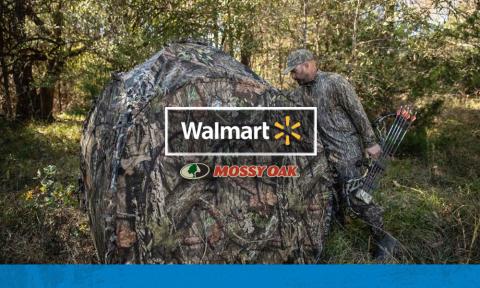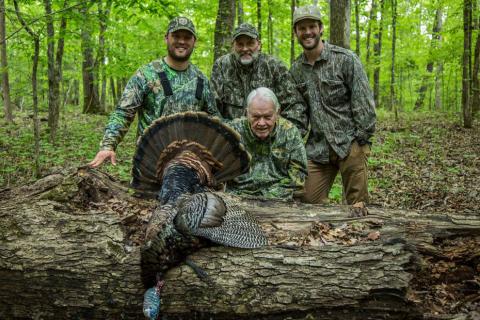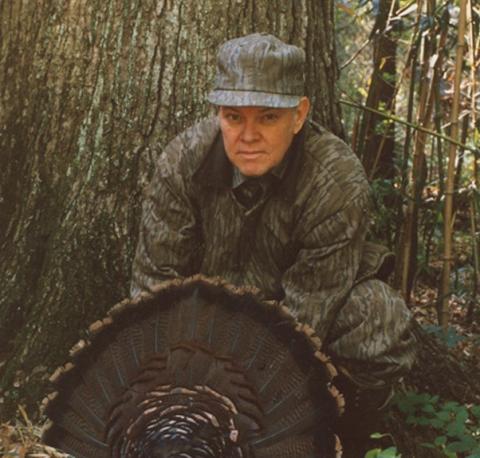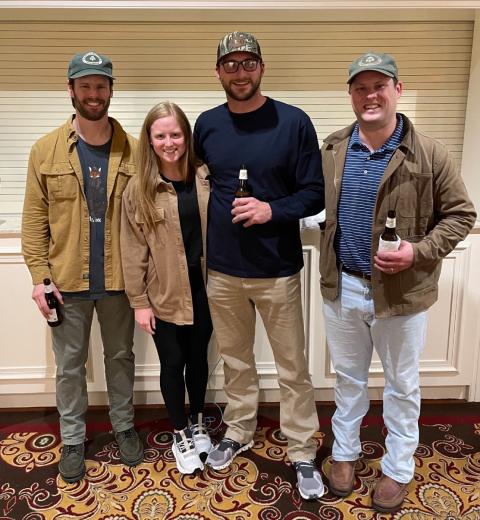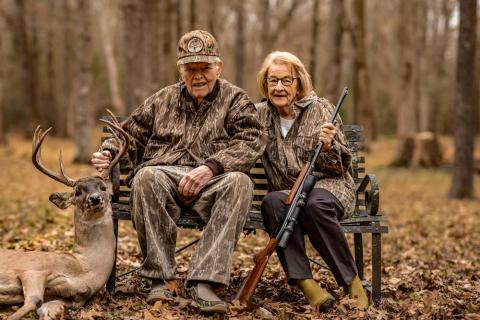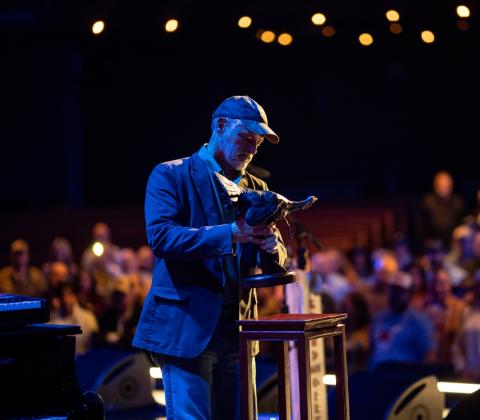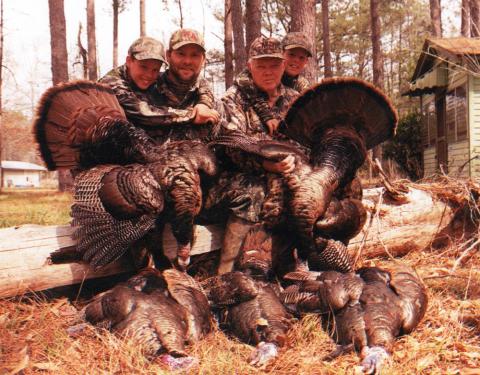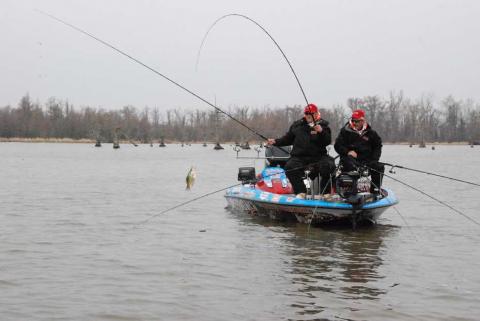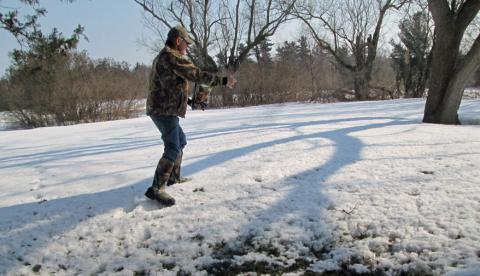Brian McCombie
This past July, U.S. Department of Agriculture’s Animal and Plant Health Inspection Service (APHIS) got the attention of America’s deer hunters by announcing research which found free-ranging white-tailed deer had been exposed to the virus causing Covid-19.
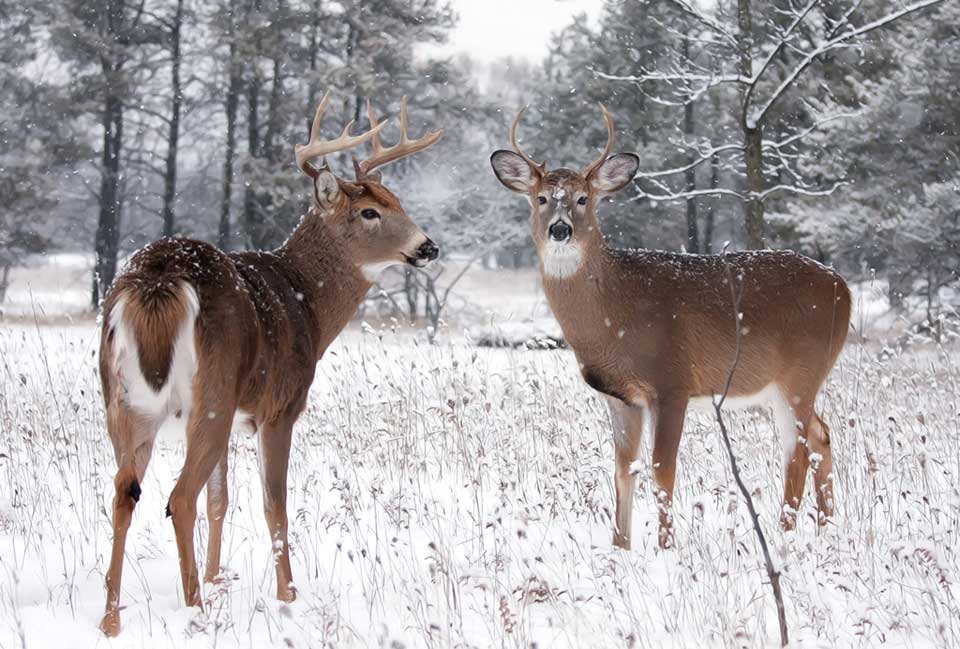
As a post on the APHIS website explained, APHIS had “recently completed a study that analyzed serum samples from free-ranging white-tailed deer for antibodies to SARS-CoV-2 (the virus that causes COVID-19). Results of the study indicate that certain white-tailed deer populations in Illinois, Michigan, New York, and Pennsylvania were exposed to SARS-CoV-2.”
Later testing by APHIS also found that some whitetails in Ohio carried these same virus antibodies. The presence of the antibodies meant the deer had been exposed to the virus at some point and had successfully fought off the virus with an immune system reaction.
The good news for deer hunters? According to the APHIS document, Questions and Answers: Results of Study on SARS-CoV2 in White-Tailed Deer:
“There is no evidence that people can get COVID-19 by preparing or eating meat from an animal infected with SARS-CoV-2, including wild game meat hunted in the United States.”
As to why it did the testing at all, according to APHIS, “Studying the susceptibility of certain mammals, such as deer, to the SARS-CoV-2 virus helps to identify species that may serve as reservoirs or hosts for the virus. It also helps us understand the origin of the virus and predict its impacts on wildlife and the risks of cross-species transmission.”
APHIS collected a total of 481 samples between January 2020 and March 2021, from whitetails in Illinois, Michigan, New York, and Pennsylvania. Overall, SARS-CoV-2 antibodies were detected in 33-percent of those samples.
The results by State:
Illinois = 7 percent of 101 samples contained antibodies;
Michigan = 67 percent of 113 samples;
New York = 19 percent of 68 samples;
and Pennsylvania = 31 percent of 199 samples.
Later testing on Ohio whitetails found the SARS-CoV-2 antibodies, too.
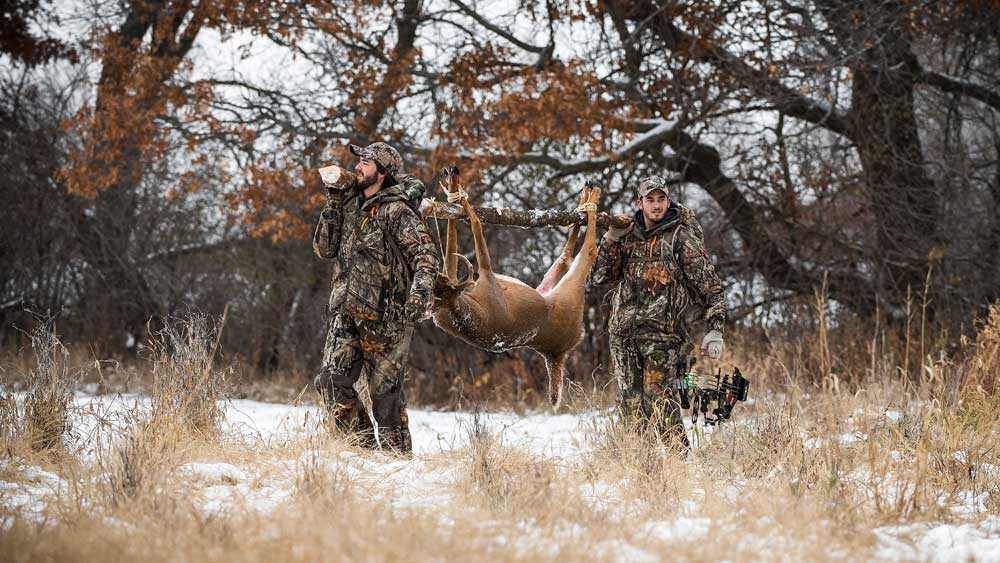
APHIS stressed that these percentages were not indicative of actual percentages of the actual deer herd with exposure to the virus. The samples were taken from random deer and were not spread out over entire free-ranging herds as would be done in a scientific survey to determine the actual proportion of the herd exposed to the virus.
One has to wonder, though, exactly how these deer became exposed to the virus that causes Covid-19. So far, APHIS admits it does not know how this exposure may have happened or if it continues to occur, but the agency’s testing and surveillance will continue.
MossyOak.com contacted several state game agencies and discovered that some were planning to collect and test samples from deer this fall and winter for SARS-CoV-2 testing, including Missouri.
“In an effort to be proactive and keep abreast of the spread of the virus in Missouri’s deer population, the Missouri Department of Conservation (MDC) has decided to test deer for COVID-19 this hunting season,” Jill Pritchard, of the MDC’s communications department, told MossyOak.com.
According to an article in the News Tribune, MDC will likely test no more than 200 deer, and MDC felt it would not need help from the state’s deer hunters as so many MDC staffers were deer hunters themselves. Once testing was completed, the agency will decide whether or not more testing and surveillance is warranted.
This fall, the Wisconsin Department of Natural Resources (DNR) will also work with APHIS and its nationwide sampling efforts for Covid-19 in deer, Tami Ryan, the DNR’s Wildlife Health Section Chief, told MossyOak.com.
Game agencies in other states contacted, however, had no plans to test their deer, including Alabama, South Carolina and Texas.
The initial APHIS testing did not examine possible Covid-19 impacts on the deer themselves, such as if the animals were actually experiencing Covid-19 symptoms. The testing was strictly to determine the presence of the antibodies within the deer, which would reflect exposure to the virus. It is unknown at this time if the virus has any impacts on deer.
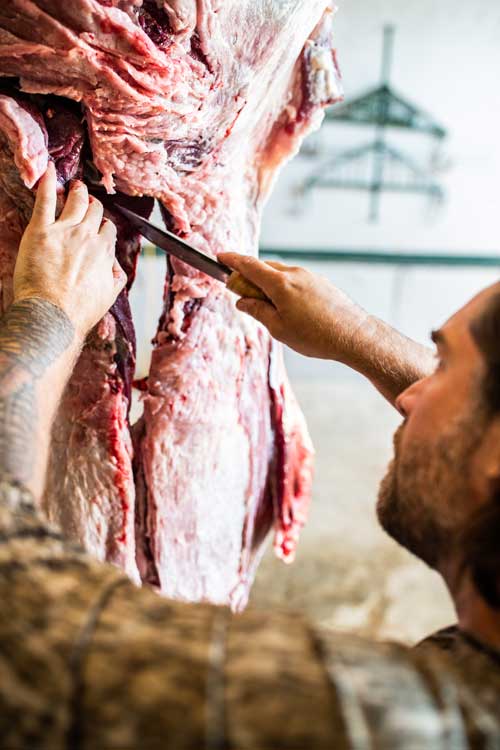
Even though it appears very low risk for hunters and others to get Covid-19 from a harvested deer or venison, as APHIS noted, “hunters can get infected with many other diseases when processing or eating game. Hunters should always practice good hygiene when processing animals by following these food safety recommendations:”
- Do not allow contact between wildlife and domestic animals, including pets and hunting dogs.
- Do not harvest animals that appear sick or are found dead.
- Keep game meat clean and cool the meat down as soon as possible after harvesting the animal.
- Avoid cutting through the backbone and spinal tissues and do not eat the brains of wildlife.
- When handling and cleaning game: Wear rubber or disposable gloves. Do not eat, drink, or smoke.
As with so many things, a few common sense precautions can go a long way to avoiding any problems.
















